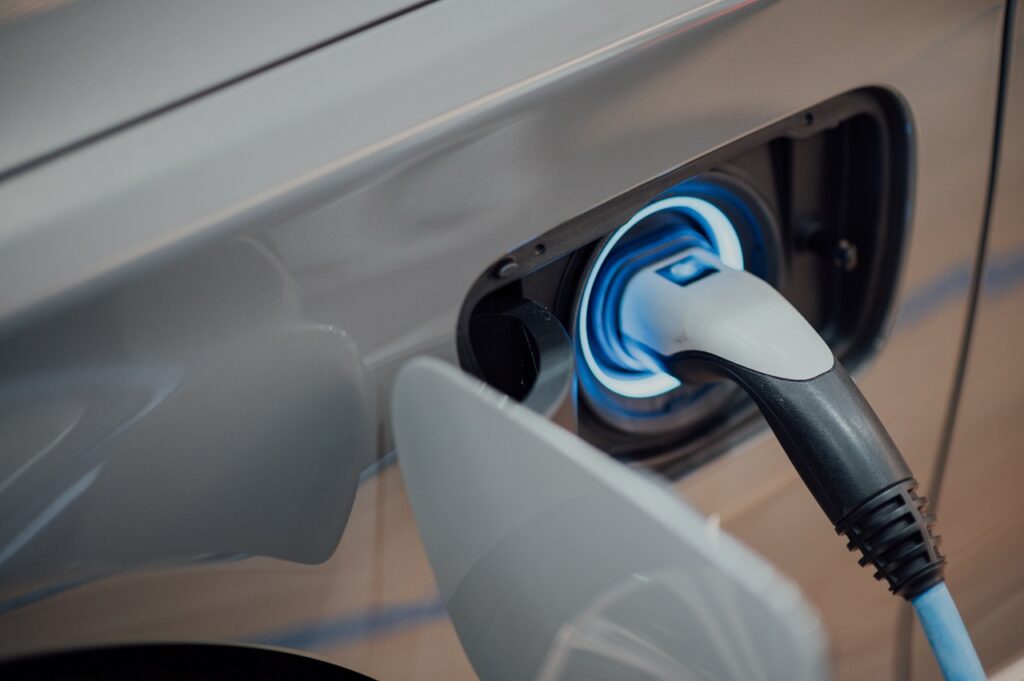- With UK holidaymakers about to embark on 12.6 million leisure trips1, the road network is under huge pressure this weekend
- And as electric vehicle take-up increases, motorway rapid charging points will see significant queues during peak periods
- But if EVs were fitted with the latest battery intelligence software, a typical EV could charge 25 per cent faster, equating to 10mins less on a rapid charger
- As well as less queuing for chargers, this would result in more efficient utilisation of the existing rapid charging network
- Improving rapid charging performance is one benefit brought by Elysia, the pioneering new Battery Intelligence software from WAE
- Elysia’s suite of algorithms can reduce rapid charging time, while allowing up to 30% increase in battery life
- elysia.co
Friday 21st July 2023: As the UK prepares for the big holiday getaway and with ever increasing numbers of electric vehicles on our roads, the country’s EV rapid charging network is under significant pressure – but new software could significantly reduce charging time and cut queues at motorway services.
Elysia, the pioneering new Battery Intelligence offering from WAE Technologies (WAE), draws on WAE’s unrivalled experience in high-performance batteries, gleaned from the sole supplier of batteries to ground-breaking electric motorsport series, as well as the design and development of batteries for road cars, electric hypercars and 1.4 MWh packs for 250 tonne mining trucks.
Its suite of algorithms can safely unlock extra performance from an electric vehicle battery, bringing a host of benefits for plug-in car makers, which in turn can be passed on to consumers, such as faster charging. With 12.6 million journeys set to be made this weekend by holidaymakers1, a significant number of which will be electric cars – EVs made up 17.9 per cent of new car sales in June, with last month showing a 40 per cent increase in volumes over this time last year2 – charging demand is likely to exceed supply at points during holiday peaks.
However, Elysia estimates that a typical electric vehicle could rapid charge 25 per cent faster if it was equipped from the factory with its intelligent software, reducing the time spent on a charger by 10mins, alleviating queues and resulting in much more efficient use of the rapid charging network.
Elysia Commercial Lead Joe Jones explains: “To protect the life of the battery, an electric car currently leaves the factory with a predetermined set of parameters that govern its performance, including how quickly it can be rapidly charged.
“Elysia offers car makers a much more sophisticated approach, unlocking improved performance safely and with no impact on battery life. Our intelligent charging algorithms allow the Battery Management System (BMS) to understand what conditions have the potential to damage the battery, and then using this information stay closer to the peak charging rate for longer, without ‘overstepping’ these limits.
“By reducing the time spent on a rapid charger by 10 mins for a typical electric vehicle, Elysia can increase the number of cars each charger can service in a day. The benefit here being twofold: happier electric car owners and more efficient utilisation of the existing rapid charging network.”
Elysia is built upon a unique combination of AI and data science, fused with electrochemical modelling expertise, whilst being grounded in unrivalled real-world battery engineering and development experience. This unique expertise, amassed over more than a decade at the apex of battery advancement, has seen WAE push the limits of performance, longevity and charging in the harshest environments on the planet – with software playing a vital role.
Elysia is the first mass market software offering from WAE, combining a suite of innovations that can unlock the true potential of any battery.
Elysia Embedded is a suite of state-of-the-art battery management algorithms, which run locally on the BMS. Its best-in-class BMS algorithms help OEMs to increase usable energy, enable faster charging, and maximise battery power, enabling them to maximise utilisation of the battery asset and enable greater flexibility in the services the battery can deliver, without compromising safety or battery life.
Whereas conventional battery management systems traditionally require extensive data from testing and limits specified by cell suppliers to build software that controls how the battery is used, Elysia Embedded’s algorithms offer car manufacturers the ability to unleash untapped potential through intelligent ‘physics-informed’ models. Whilst this approach has formed an integral part of WAE’s motorsport capability, these algorithms have been designed to run on standard low-cost chips as typically found in mass-market battery management systems. In applications to date, this has shown the ability to bring up to a 30% increase in battery life, whilst also enabling dramatically reduced fast charge times and higher peak power output when compared to traditional battery management algorithms.
